What is Dark Tourism? And What Are the Pros and Cons?
While visiting places of death or disaster might sound like a gruesome addition to your travel itinerary, so-called dark tourism can have important benefits for you and the communities nearby.
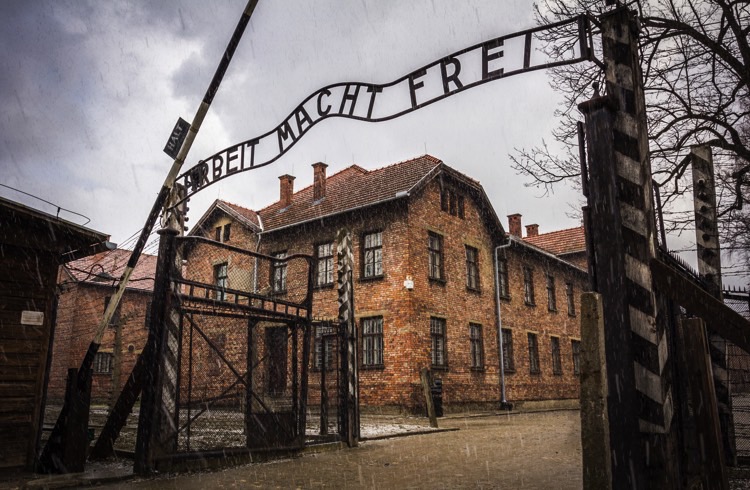 Photo © Getty Images/SPC#JAYJAY
Photo © Getty Images/SPC#JAYJAY
Visiting sites of inhumanity can be a deeply moving and emotional experience, but while discovering what took place might make us uneasy, remembering what happened and why is essential.
- What Is Dark Tourism
- Is dark tourism ethical?
- Why is dark tourism popular?
- Why is dark tourism controversial?
- What to Ask Yourself Before You Go
- How to Behave
What is dark tourism?
When you visit a site such as Cape Town’s Robben Island, the Killing Fields of Cambodia, Hỏa Lò Prison in Hanoi, or Anne Frank’s house in Amsterdam, you are engaging in dark tourism. And you’re not alone.
According to the blog The Common Wanderer, more than 23 million people have paid their respects at the 9/11 Memorial since it opened in 2011. In 2015, the Auschwitz Birkenau Concentration Camp accepted 1.53 million visitors, and Cambodia’s Killing Fields (Choeung Ek) drew more than 210,000 in 2014.
And, this is not necessarily a new travel trend; Mark Twain wrote a chapter about Pompeii in his book Innocents Abroad, and within days of the end of the major US civil war battle of Gettysburg, the residents of the town had created a tourism industry around the still-smoking fields, which included tours and entertainment.
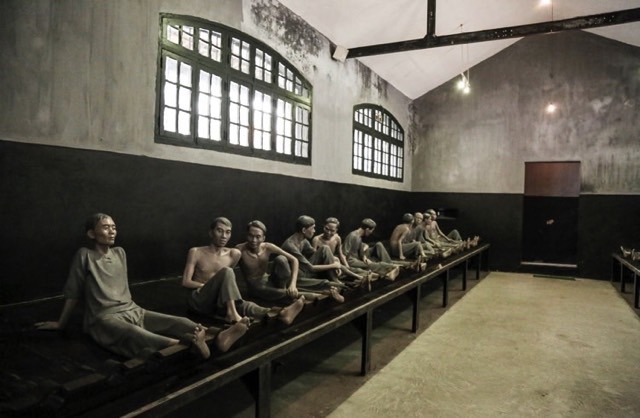
Is dark tourism ethical?
The key to any visit to a dark tourism destination is intent – why do you want to visit? Hopefully, because of a desire to pay respects to the dead and to learn from what happened there. By avoiding these signposts of past wrongs, we can hopefully prevent them from being repeated.
“We should be visiting these sites,” says travel writer Kendall Hill. “To remind us of the events that led up to, for example, the Holocaust, and how to prevent that from happening again. We can't be responsible custodians of the future without understanding our past. And one could argue, with the world now hostage to several despots, it's more important than ever to be armed with that knowledge and be vigilant. Those who ignore history are doomed to repeat it.”
Why is dark tourism popular?
“I think tourism is one of the strongest forces to help devastated communities earn income and get back on their feet,” says Hill. “Whether war zones or former pariah states that are now tourism hotspots.”
Many countries have benefitted from tourism after trauma including Rwanda, Mozambique, and Cambodia. When visiting Croatia, it’s hard to believe a civil war took place there just 20 years ago, so successful is its tourism industry.
There are benefits for travelers, too. Visiting the sites of atrocities gives us more of an understanding than reading about it in a book ever could.
“What I remember most about the time I spent in Warsaw's WWII-era Jewish ghetto,” says National Geographic writer Robert Reid, “is a fellow visitor, a white-haired man who, when I noticed the number tattooed on his arm, acknowledged my silent inquiry with a nod. The experience made history more real for me.”
For travel editor, Sarah-Kate Lynch, one of the positives of dark tourism is being able to make a connection to the past, in particular during a visit to the Sachsenhausen concentration camp near Berlin. “Instagram wasn’t invented when I went,” she explains, “but this memorial is not a place to smile and take selfies. I found it moving and sad, and it made the horrific history of what happened, exactly where I was standing, mean something more to me. Understanding humanity, good or bad, is what travel is all about.”
Why is dark tourism controversial?
Despite the positives, there can be negative aspects of dark tourism, too. Avoid tourism sites being run purely for profit rather than to educate, or tour operators and museums that are insensitively sharing the view of both the victims and the perpetrators. If going on a guided tour, research ethical or non-profit tour companies, or those that give something back to the communities or the place you are visiting. Make sure the site is respectful to the people who lost their lives, and that visitors are encouraged to behave appropriately.
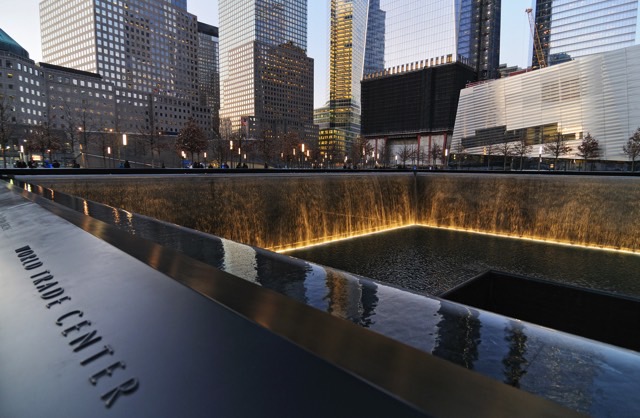
What to ask yourself before you go
Ask yourself why you want to visit a particular site; are you traveling to a place to heighten your understanding, or simply to show off or indulge some morbid curiosity?
Do you want to gawp, or remember and build your understanding of what took place and why? What is your intent?
Dark tourism isn’t for everyone, so make sure you are comfortable with where you are going.
“If you’re worried about being upset or challenged by visiting something you’re not sure of,” says Lynch, “you might be better to stay away. But, if you’re curious enough to stretch the boundaries, research is key – when to go, who to go with, and how to behave when you get there are all things you should find out.”
How to behave
Online photos on social media of a group of men on a stag weekend in New York holding an inflatable sex doll at the 9/11 Memorial sparked outrage, as have other images of people giving a thumbs-up with the gates of Auschwitz in the background.
Be mindful of what events took place at the site you are visiting – in many cases, you are effectively visiting a site of mass graves and murder.
Think about how that makes you feel, and respond accordingly.
Talk quietly or not at all.
Ask staff if it’s ok to take photos, and only do so if it’s appropriate, and don’t use big flashes or noisy recording equipment. Only photograph people if you have asked permission first.
Related articles
Simple and flexible travel insurance
You can buy at home or while traveling, and claim online from anywhere in the world. With 150+ adventure activities covered and 24/7 emergency assistance.
Get a quote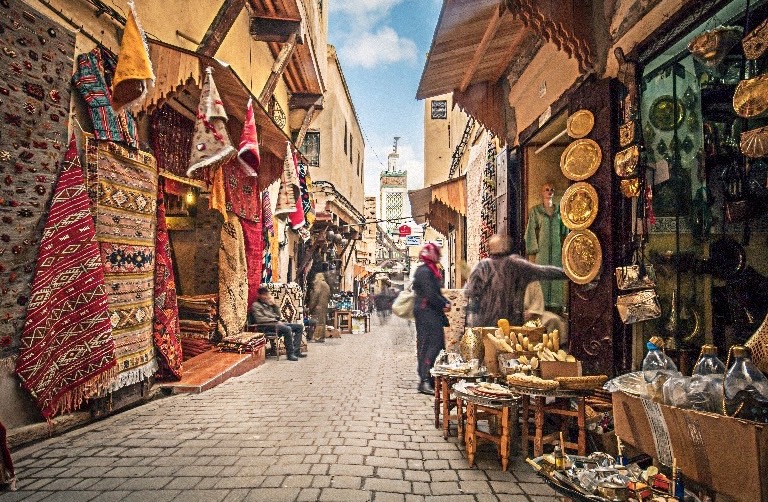
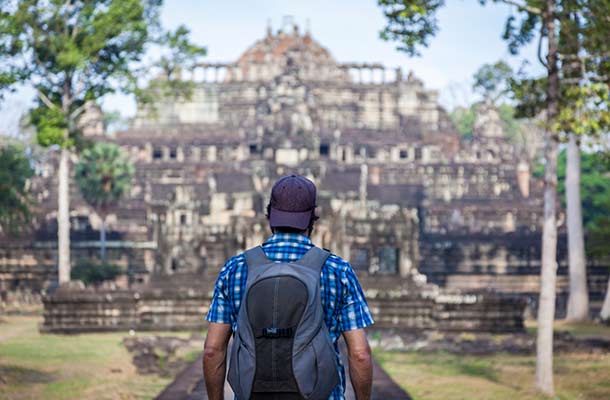
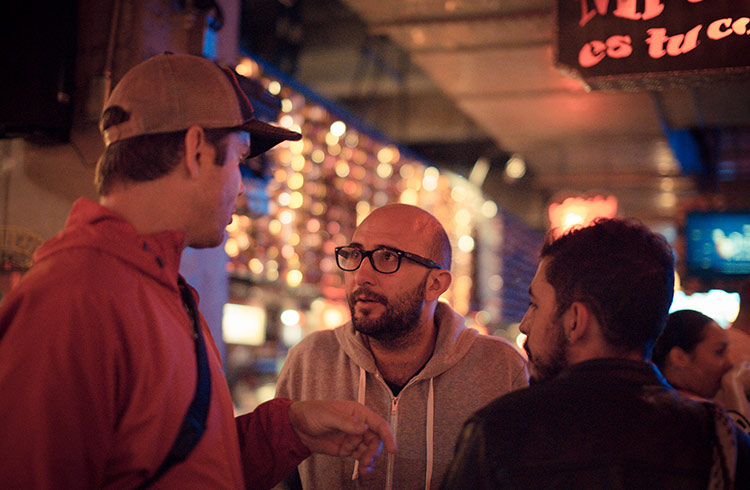
No Comments